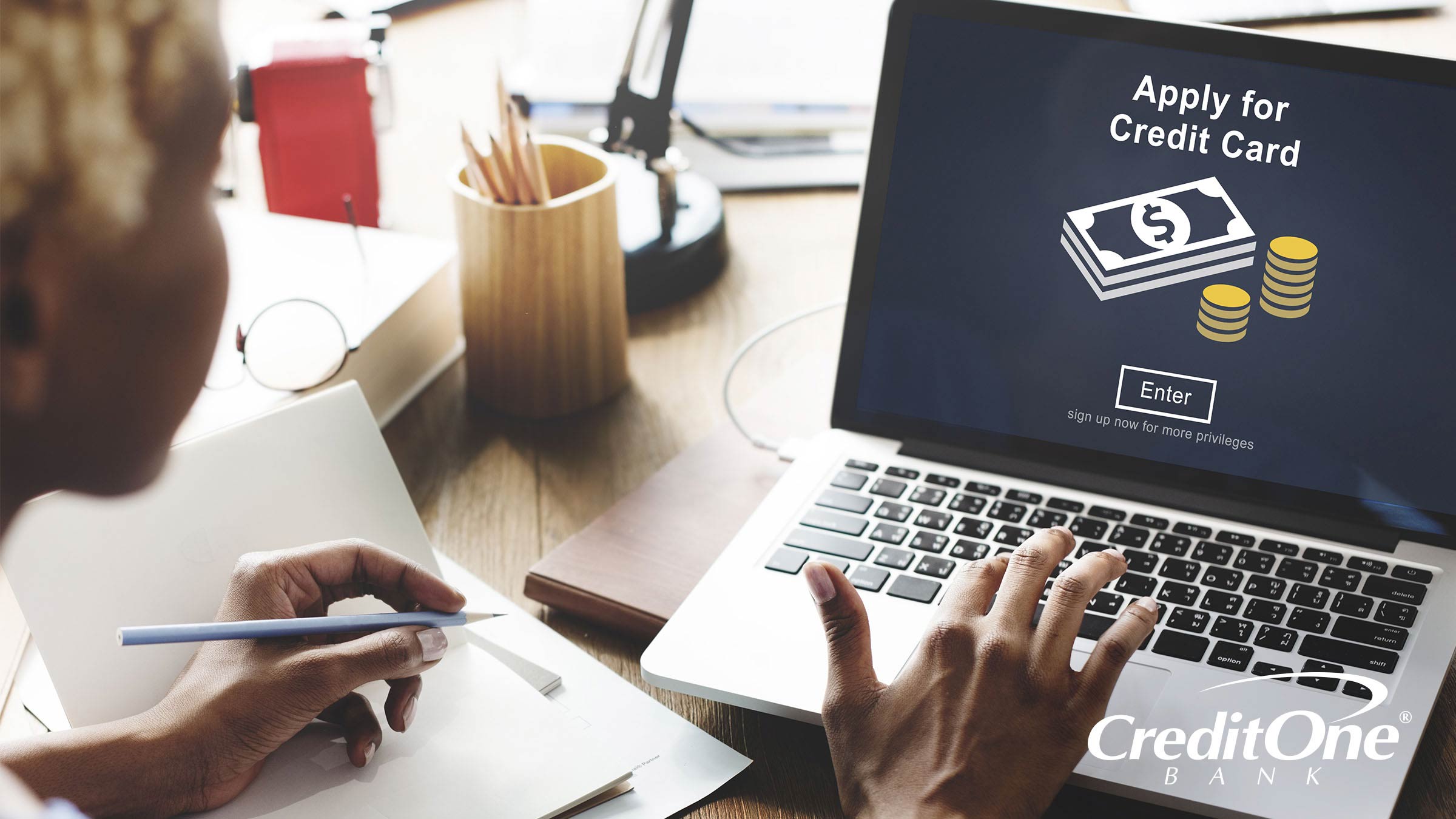Getting a Credit Card With No or Bad Credit History
February 17, 2025
When you have no credit history, or bad credit history, getting approved for a credit card can be difficult. But it’s not impossible.

Introduction
If a lack of credit history or poor credit is standing between you and a credit card, it may seem like an impossible obstacle to overcome — and a catch-22 at that. It’s difficult to get a credit card without some history of using credit, but using a credit card is one of the primary ways to build a credit history.
Luckily, there are ways to get around that paradox.
How To Get a Credit Card With No or Bad Credit
If you’re too young to have established a credit history, or you’ve emigrated from another country, you’ll likely have very little on your credit reports. For you, it’s about building a positive credit history from scratch.
If you have “bad” credit — officially called “poor” or “very poor,” depending on the credit scoring model — it’s a matter of overcoming your past credit history and proving that you’ve developed better habits. But it’s still possible to get a credit card with bad credit.
Secured credit cards
Many people build credit with a secured card and nothing else. Unlike traditional unsecured credit cards, which require no collateral, a secured credit card requires a monetary deposit that “secures” the card.
The amount of this security deposit typically equals the credit limit of the secured card. For example, if your credit limit on the card is $300, then your deposit would most likely be $300. The deposit doesn’t pay for your purchases, like a prepaid card. It’s only there to protect the card issuer if you fail to make the required payments.
Otherwise, a secured credit card works the same way an unsecured credit card. You can make purchases up to the designated credit limit, you must repay what you borrow, and the card issuer should report your account activity to the three major credit bureaus.
Retail store credit cards
Retail credit cards, or department store credit cards, can usually only be used at the store or chain that issued them. They often have relatively high interest rates and low credit limits. But they’re unsecured, and approval requirements are typically less stringent than with major credit cards, so you may be able to qualify even if your credit history is less than stellar.
Just like with any credit card, your activity on the account should be reported to the credit bureaus and appear in your credit reports.
Student credit cards
If you’re attending school, you may qualify for a student credit card. These cards are unsecured, but don’t require a well-established credit history since they’re designed for young people just starting out on their financial journeys. Some creditors even let their student cardholders transfer to a standard credit card with a higher limit after graduation.
How To Build or Rebuild Credit
Building or rebuilding credit follows a well-established formula:
Get credit + use credit + pay credit = build credit
That might seem highly simplistic — because it is. Building or rebuilding your credit isn’t rocket science. And there are several tools you can use to help you out.
Apply for a secured card
Getting and strategically using any of the starter cards we’ve talked about is a great way to build or rebuild your credit. But unless you’re a student, a secured card is probably your best bet.
Once you’ve demonstrated an ability to effectively use and manage your card — typically after a solid year of on-time payments — your deposit will be returned. At that point, your credit card issuer may offer to upgrade you from a secured to unsecured card. If not, you now have the credit history to get an unsecured card with another provider.
Become an authorized user
It may be possible to build a credit history without even applying for a credit card of your own — by becoming an authorized user on someone else’s account. This works if the credit card issuer reports account activity to the credit bureaus for both the primary account holder and the authorized user, but not all creditors do. Some only report an authorized user who is the primary account holder’s spouse — not their kids or other family and friends.
If account activity is reported to the credit bureaus for both parties, and the primary account holder makes consistent, on-time payments, you could build a positive history just by being associated with that account. You get your own card, issued in your name, and you can make purchases as if it was your account. The only things you can’t do involve making changes to the account.
But — and this is a big but — if you’re an authorized user on somebody’s credit card, and that person makes late payments or lets the account get past due, this negative information could also appear on your credit reports. That would harm your credit instead of giving it a boost. So, if you’re considering this path, make sure the primary account holder has good credit and payment habits.
And, it’s a two-way street of trust. If you’re being granted the use of someone else’s credit account, never overspend or max out their card.
Get a credit-builder loan
It’s not a credit card, but as the name suggests, these loans are designed to help you build credit. They add to the diversity of your credit mix by giving you a type of installment credit. And like a secured card, a credit-builder loan lets you establish your payment history by making consistent, on-time payments.
Unlike a traditional installment loan, where you get the money upfront and then pay it off over time, a credit-builder loan gives you the funds after you pay off the balance in full. This process usually takes six to 24 months and should leave you with a positive payment history — as long as you always pay before the due date.
Monitor credit utilization
Your credit utilization ratio is the amount of your available credit that you’re currently using. And you get higher points if you don’t use your full credit line. In fact, experts recommend using only 30% or less of your credit limit — and under 10% if possible.
So if you have a $300 secured card, you never want your balance higher than $30 to $90. The best strategy here is to charge a bit, pay it off in full, and continue the cycle indefinitely.
Pay on time, every time
You’ve heard it before, and you’ll hear it again. In fact, you’re going to hear this a lot during your credit-building journey. But it’s important to pay on time, every time. No exceptions. This is the biggest factor affecting your credit score, bar none. And having one late payment or missed payment can derail your whole progress.
Things To Consider
If you’re thinking about getting any type of starter credit, it’s important to consider the long game. The goal is to build your positive credit history, which is a marathon — not a sprint.
There’s no reason to have a secured card if you’re not going to use it and pay it off regularly. And if you decide to get a store card from a chain that specializes in credit-building offers, choose one with products you’d buy anyway. Many of them offer high-priced goods with a limited selection, and cardholders find themselves overspending just to use the card. That might help you build credit, but it does nothing for your overall budgeting needs.
Also, remember that credit-building products typically have a lower credit line and higher interest rate than those designed for excellent credit. Paying off your balance before the due date often lets you avoid interest charges if you have a grace period, so that’s another reason to pay on time, every time, and in full whenever you can.
Bottom Line
You have several paths to explore when it comes to getting a credit card with no or bad credit history, and for building your credit in the process. If one of these methods eventually scores you an unsecured credit card, the secret to keeping that card and opening doors for additional credit down the road is really no secret at all. Yes, you guessed it — make at least the minimum payment on time, every time.
And here’s one final tip: some creditors, like Credit One Bank, offer a range of cards for those with less-than-perfect credit. It’s quick and easy to see if you pre-qualify, which doesn’t harm your credit score.




